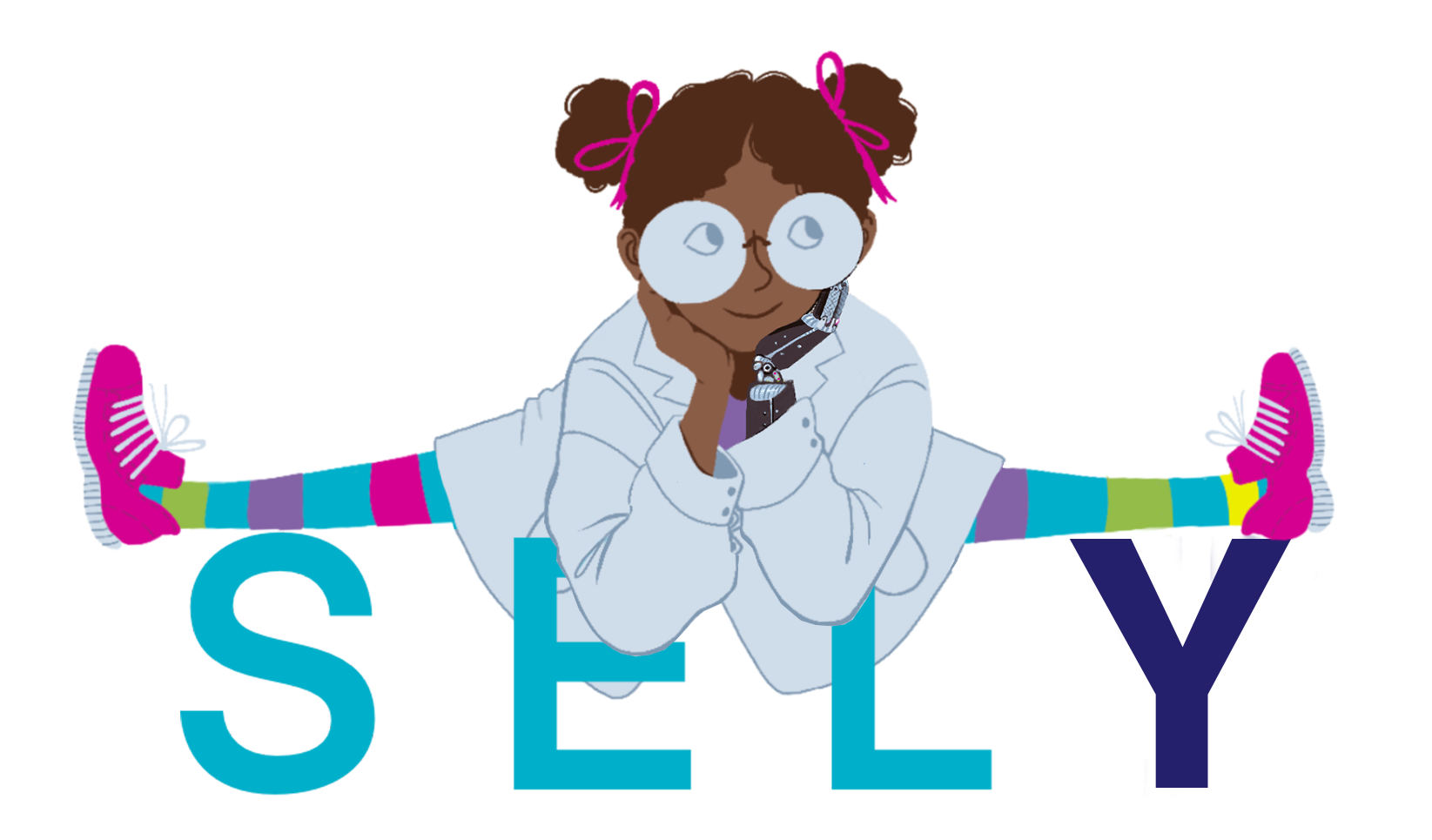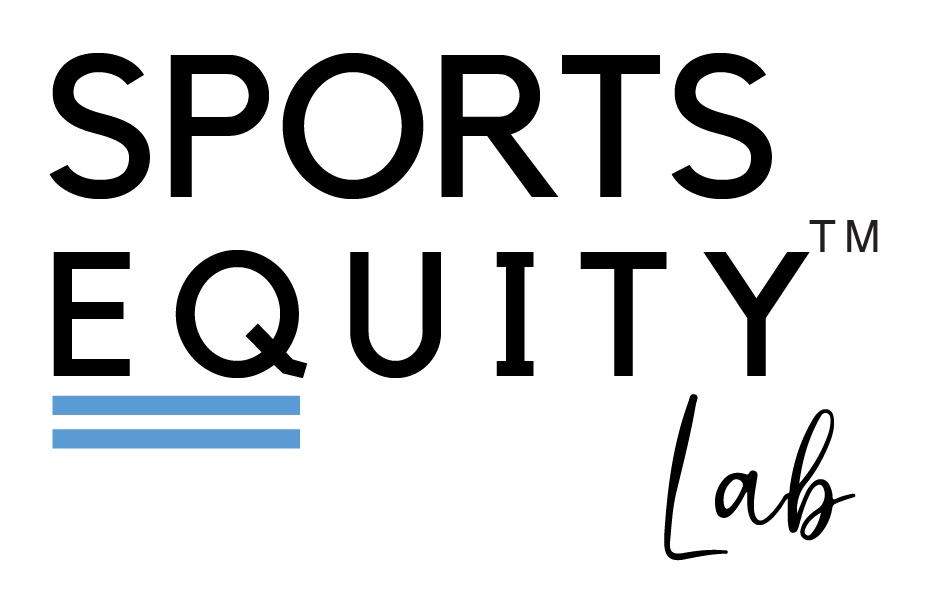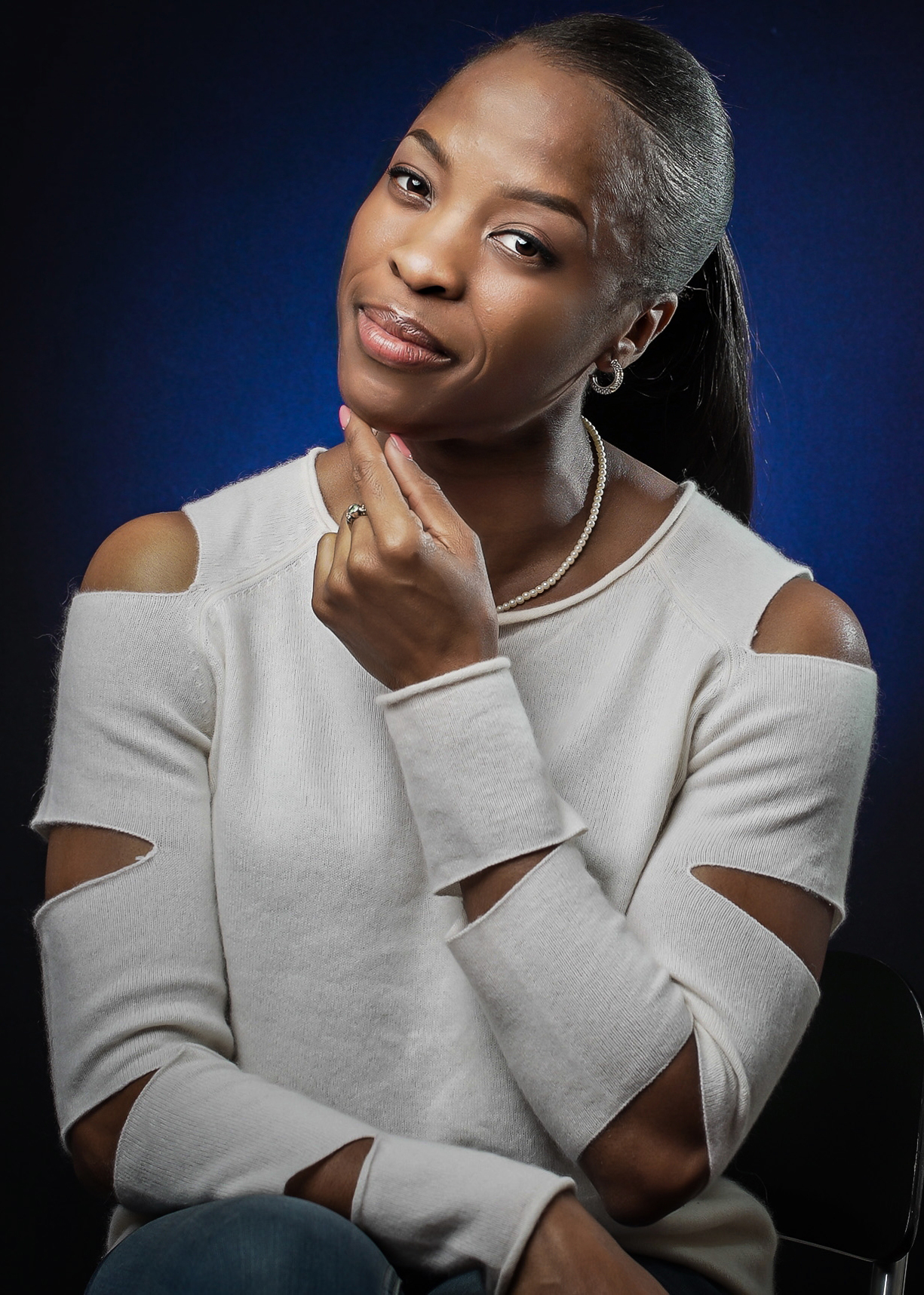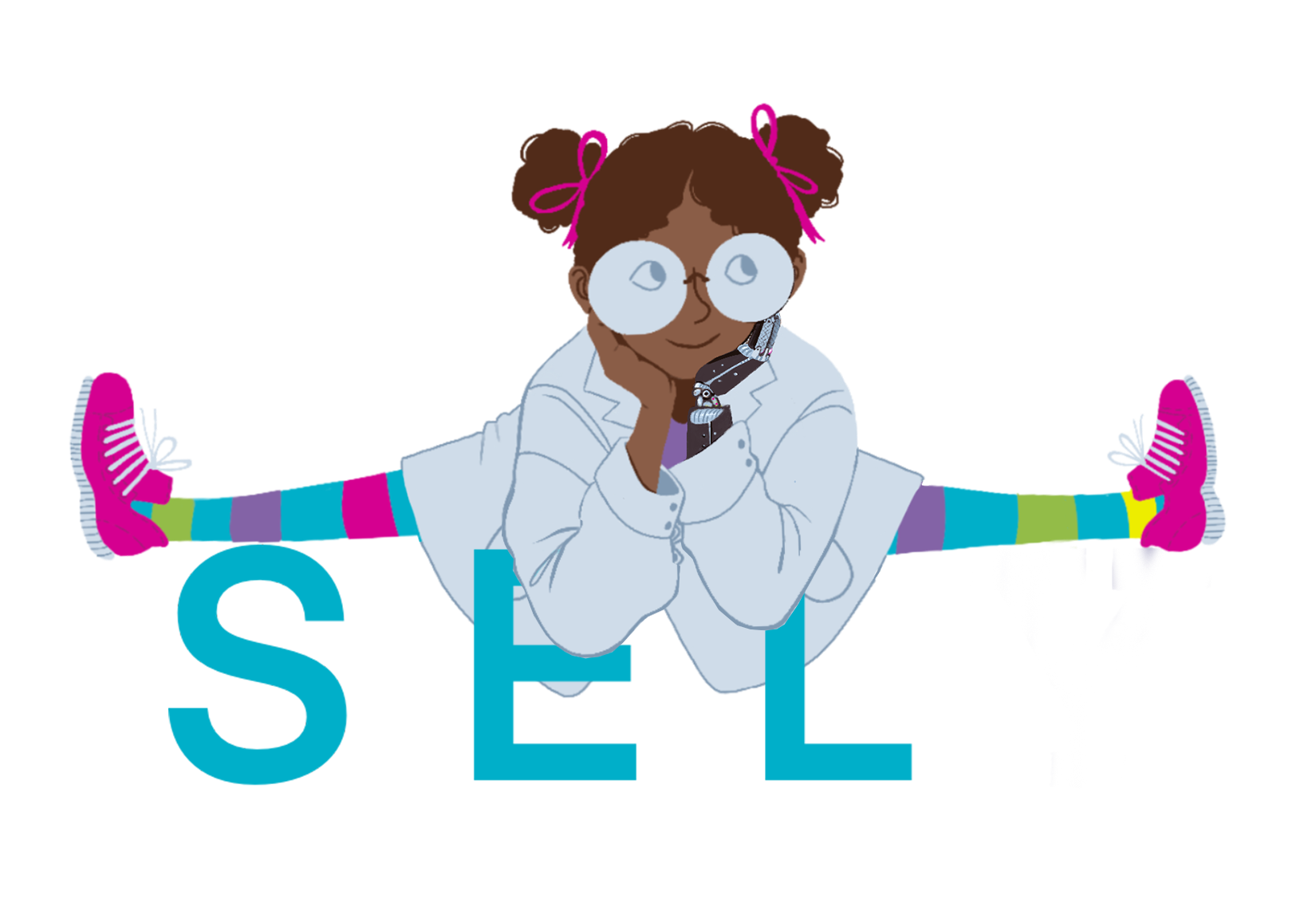On a Personal note
When I was a kid (pre-verbal, pre-mobile), my favorite two activities were moving fast and taking things apart. My Mum tells of my “decision” to “learn” how to climb down the stairs in our tiny Boston apartment. In contrast to my sister’s approach, I charged up the entire stairwell and before anyone could blink, flung my entire body, head-first, down to the cold floor below, laughing all the way. As a toddler, instead of verbally asking Mum about the “tee-whoa-fun,” I’d sit alone on the mustard-and-brown vinyl kitchen floor, silently, swiftly, nimbly dissecting the house’s landline, and triumphantly beam with pride when a pile of unrecognizable wires, colorful plastic fragments, and springs surrounded me.
I was born wanting to engage physically in the world, and built with an insatiable penchant for play through curiosity, exploration, and discovery of how things truly work. And I have always wanted to know for myself. No surprise then that as I grew, there wasn’t a sport I wouldn’t try, neither was there a science fair I wouldn’t enter. But my greatest love is sports.
There’s just something about sports. The power, the passion, the purpose; the lessons, the love, the loss; the friendships, the fall-outs, the faith. I’ve competed at every level from bantam to elite since age 11. A lifelong athlete, I can honestly say that despite an Ivy League medical education, everything I’ve really needed to learn in this life, I’ve learned through sport – and more importantly, I’ve learned those lessons most immediately, permanently and transformatively in the sports arena. Sport is my first true love. It’s sustained, nurtured, challenged and changed me, always for the better, always with piercing clarity, always with love.
So when I became a professional athlete competing internationally for Ghana, I was deeply hurt when I started to experience different kinds of abuse at the hands of my mostly male coaches. I was disillusioned when I saw how athletes with disabilities are treated, in this otherwise fairytale-playground (n.b. athletes with disabilities from poor countries like Ghana bear especially unimaginable atrocities). It felt like a betrayal. As I became a clinician, I felt an incredible responsibility to directly address the vile underworld of sport, where exploitation and inequities poison the magic of the thing I love most in this world.
That’s why I started SELY. The Sports Equity Lab takes a close and careful look at the deep inequities in sport, asks why, and offers solutions. We do this with the perspective of the athlete front and center, always, partly because we are
I’m privileged to work closely with a number of global sports organizations on policies and programs to improve sport, so I have a front-row seat as to what is currently happening in this space. The gaps in thinking and programming made it almost impossible not to start SELY. Our lab’s body of work answers each gap.
“The Sports Equity Lab takes a close and careful look at the deep, dark inequities in sport, asks why, and offers solutions”

In this way, we create value by sending our work products into the world to spark new ideas, share new perspectives and shine a light on athletes and issues that historically have remained in the shadows. Together we have the experience, training, and interminable love for sports to contribute meaningfully in this space.
We’ve come this far by faith, and aim to grow sustainably. Thank you for partnering with us to preserve the magic, and pure joy of sport!
With love,
Yetsa


